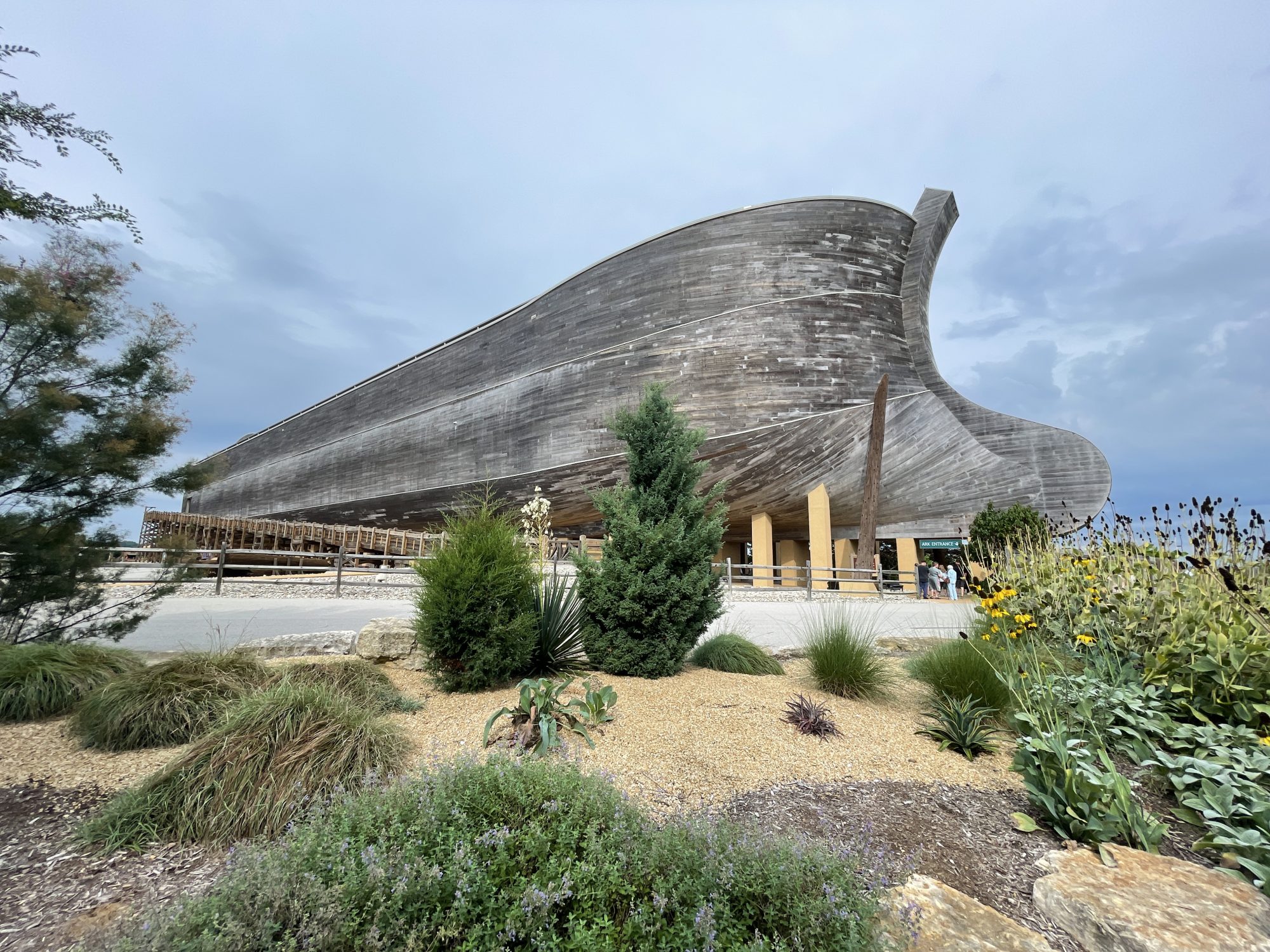In a series of papers beginning in 1923, J. Harlen Bretz argued the
astonishing idea that the channeled scabland and its attributes orginated
by stupendous flood, which he called the “Spokane Flood”. This hypothesis sparked a
famous and spirted controversy; several rival ideas intent on accounting
for the scablands by means other than giant flood appeared in the 1920s
through 1940s.
The very word “Catastrophism” was heinous in the ears of geologists. To
think in terms of massive, precipitous changes (beyond the occasional
earthquake or volcano) was unacceptable, and the very idea of a sudden,
colossal flood smacked too much of Biblical thinking, of a return to
Noah, the ark, and the fifteen cubit depth (22.5 feet) of water which
drowned the world (Genesis 7:20). It was a step backwards, a betrayal
of all that geological science had fought to gain.
It was heresy of the worst order.
http://www.geo.ucalgary.ca/~macrae/t_or … tz_re.html
And I think this is a key point that applies to many scientific discussions. If anything becomes close to what the Bible describes, then it is automatically rejected, no matter how strong the evidence.
Bretz’s idea of a catastrophic flood sounded too much like it was out of a Sunday school class. And no matter what evidence he presented, he was immediately dismissed. It was not until after Pardee proposed his ice dam theory that opponents began to thaw to the idea of a massive flood.
Though the ice dam theory was not a very convincing theory, they immediately embraced it. The key was that it was not similar to anything that is in children’s Bible stories. So, though Bretz had compelling evidence, he was dismissed because it sounded too Biblical. And Pardee, who had little evidence, was embraced because it did not sound Biblical.
So now, I’m proposing the Wallula Gap dam hypothesis that I believe has significant evidence for. And I have also showed many arguments against the ice dam hypothesis. But, I doubt many people would believe my idea for the exact same reason that Bretz encountered.
But, as Bretz’s hypothesis was eventually acknowledged and even embraced many decades later, I’m hoping that my hypothesis too will be embraced when I’m in my 90’s. ![]()
https://debatingchristianity.com/forum/viewtopic.php?p=86595#p86595
